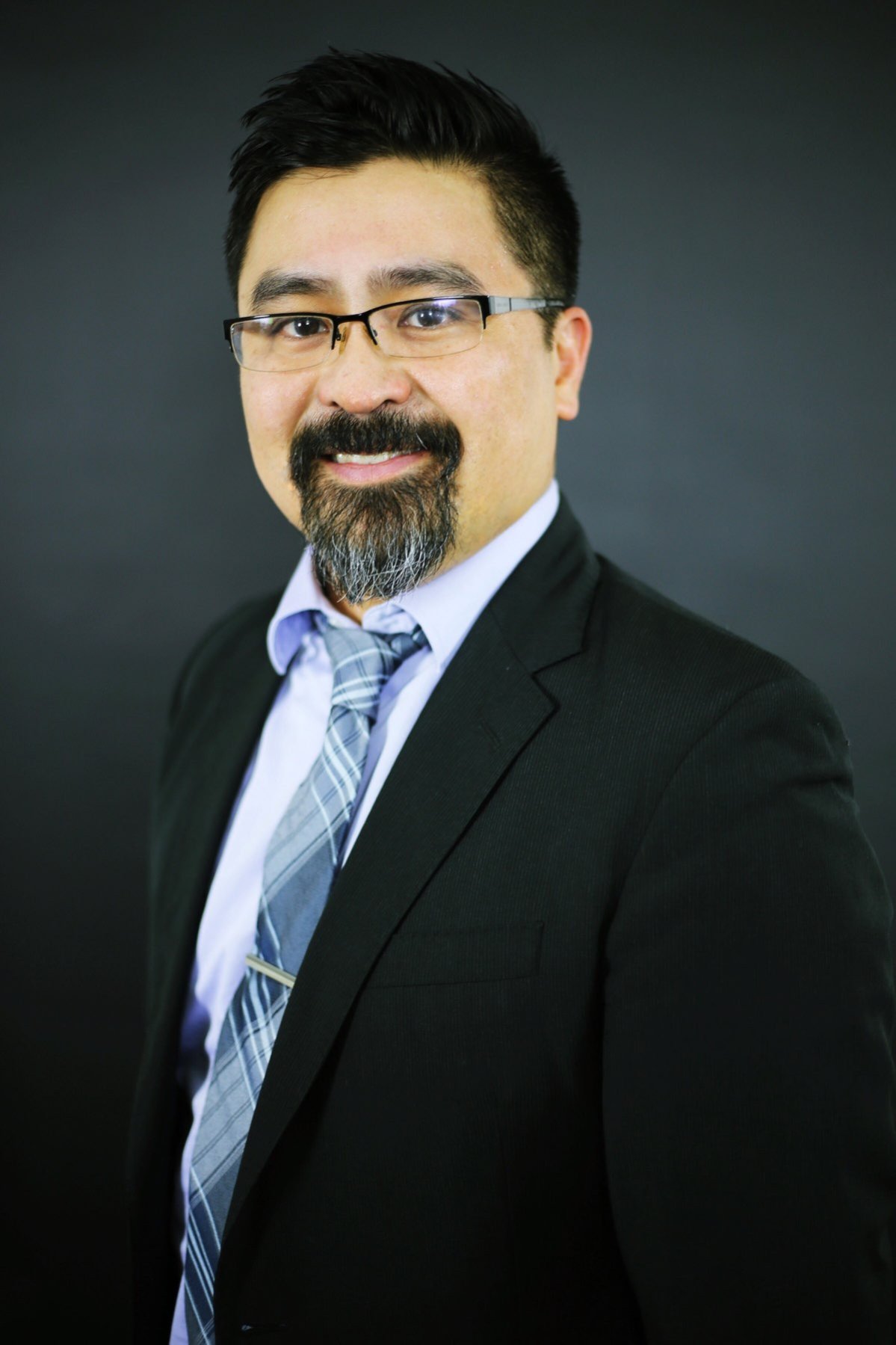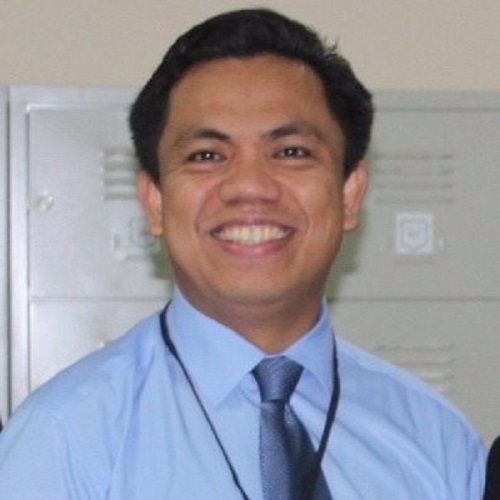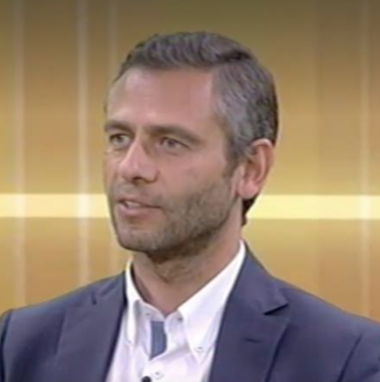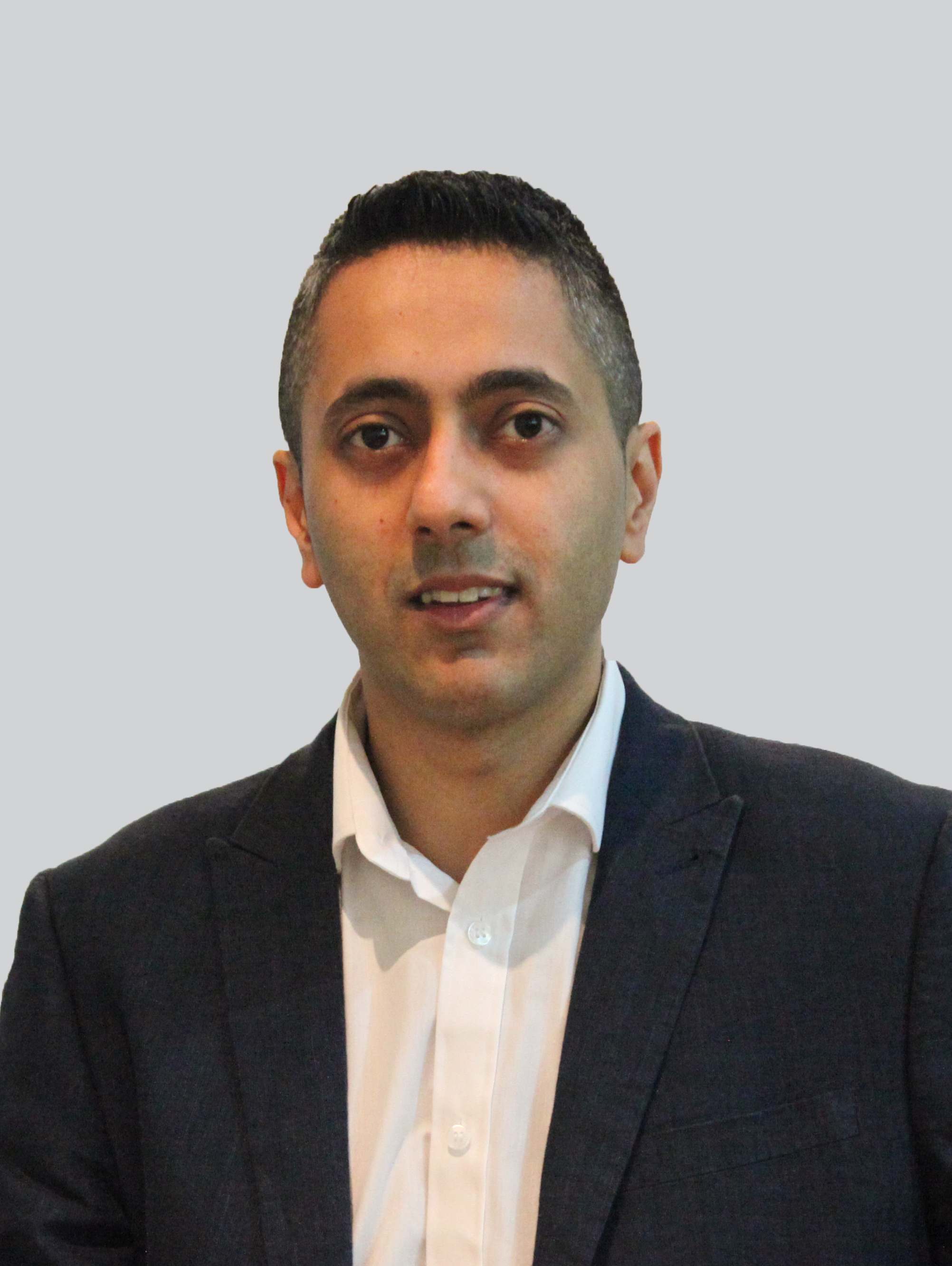Psychology and Behavioral Medicine Open Access Journal (PBMOAJ)
Open Access Journal
Editorial Board
Editors

Dr. Rodger Adair

Dr. Rodger Adair
Northern Arizona University
USA
Biography
For most of my career he have focused on organizational development, industrial psychology, and corporate training. He have a BS in Adult/Workforce Education ; a Masters of Organizational Management, and MBA; and a Ph.D. is in Industrial/Organizational Psychology. He conduct independent research on Followership traits and what kinds of leaders a follower will most likely make in the future. He contributed a chapter to the book: The Art of Followership: How Great Followers Create Great Leaders and Organizations. He presented on the topics of Followership, Psychological Distance in Leader/Follower Relations, Collaboration Theory, ADHD in the workplace,. He wrote a chapter on the Bernie Madoff scandal in a book titled: Followership in Action: Cases and Commentaries
Research Interest
Psychology of Leadership, Followership, ADHD in adults and in the workforce

Dr. Eleazar Cruz Eusebio
The Chicago School of Professional Psychology
USA
eeusebio@thechicagoschool.edu
(202) 706-1590

Dr. Eleazar Cruz Eusebio
The Chicago School of Professional Psychology
USA
Biography
Dr. Eleazar Cruz Eusebio is a Distinguished Associate Professor and Chair of the Department of School Psychology at The Chicago School of Professional Psychology in Washington, D.C. He holds a Psy.D. from the Philadelphia College of Osteopathic Medicine, an Ed.S. in School Psychology and an M.A. in Psychology from The Citadel Graduate College, and a B.A. in Pre-Medicine and Biology. His areas of expertise include the biological basis of behavior, neurodevelopmental psychopathology, neurotherapy, affective neuropsychology, neurodiversity, neuroeducation, and the neurological correlates of emotional disorders. He works with children and families with a specialization in neuropsychological assessment and cognitive behavioral therapy and a focus on integrated therapies and holistic behavioral medicine. In addition to various publications and media appearances, he is co-editing a Biological Basis of Behavior textbook due out in 2018.
Research Interest
Biological basis of behavior, mind-body awareness, affective neuropsychology, interpersonal neurobiology, executive function, intersectional personality, mental health systems, neurotechnology, neuroeducation, and optimal experience, and media psychology.

Dr. Meetu Khosla

Dr. Meetu Khosla
University of Delhi
India
Biography
Dr. Meetu Khosla is an Associate Professor in Psychology at the University of Delhi, India. She is passionately involved in spreading awareness about health psychology as an educator, researcher and health professional. Being a Fulbright-Nehru Fellow, Shastri Fellow, ICSSR Fellow and Erasmus Mundus Fellow she had the opportunity to interact with the academics, students, researchers and community members in USA, France, Poland, and Canada and understand their health needs and disparities in health care. She has written a book on Physiological Psychology, the first by an Indian author, published by Sage ,with an aim of developing interest and understanding into the relationship between the mind and the body and how various systems of the body are influenced by our emotions, cognition, bad habits, malnutrition ,stress etc. She has written several papers and articles on health and wellbeing to spread awareness about the key issues involved in health sciences, the theoretical underpinnings and the empirical findings to elucidate the gravity of the problem.
Research Interest
Dr. Brian P Mangum
Dr. Brian P Mangum
Fiji National University
Fiji
Biography
Dr Brian P. Mangum holds an MD, PhD in Public Health Epidemiology, an MSc in Medical Anthropology, and a BA in Liberal Arts. He has a keen interest in all aspects of general practice/family medicine as related to both clinical practice and medical education, with a particular interest in behavioural science and medical psychology; the prevention, control and treatment of non-communicable disease, such as cardiovascular disease and diabetes; and infectious diseases, including tropical diseases such as leptospirosis, dengue, and malaria.
Dr Mangum has worked both in practice and academia for over fifteen years, and in addition to being a Fellow of the Royal Anthropological Institute of Great Britain and Ireland, to which he was elected for his application of anthropological principles in addressing global public health issues, he currently holds the following appointments:
· Professor of Medicine, University of Hawai’i John A. Burns School of Medicine AHEC DDFT
· Professor of Medical Epidemiology and Public Health, College of Micronesia FSM
· Associate Professor of Medical Epidemiology and Emergency Health Management, Fiji National University
· Chair and Professor of Medical Microbiology and Immunology, College of Medicine and Health Sciences, St Lucia
· Consultant Medical Epidemiologist to a wide-range of organisations
Research Interest
Dr Brian P. Mangum’s research interests include all aspects of general practice/family medicine, but in particular the sociocultural epidemiology of non-communicable diseases, as well as emerging and neglected tropical diseases; the efficacy of behavioural science and medical psychology in the treatment of various conditions, such as cardiovascular disease; and the medical anthropology of socioeconomic status and risk as it relates to the construction of disease patterns in developing settings.

Dr. Arnel Salgado
RAK Medical & Health Sciences University
United Arab Emirates
arnel@rakmhsu.ac.ae
+971507993803

Dr. Arnel Salgado
RAK Medical & Health Sciences University
United Arab Emirates
Biography
Dr. Arnel Salgado is a Psychologist, Psychiatric Nurse and a License Perofessional Teacher
Research Interest
Psychology and Behavioral Science, Mental Health, Theoritical and Philosophical Psychology
Associate Editors

Dr. Ricardo Joao Teixeira

Dr. Ricardo Joao Teixeira
University of Aveiro
Portugal
Biography
Ricardo João Teixeira, Department of Education and Psychology, University of Aveiro, Portugal Biography Dr. Ricardo João Teixeira graduated in Psychology with a pre-specialization in Clinical and Health Psychology. He received his Ph.D in Health Psychology from the School of Psychology, University of Minho (Portugal). For his dissertation he was granted with a scholarship by the Portuguese Foundation for Science and Technology. He is now conducting a Post-Doc in Psychology at the Department of Education and Psychology, University of Aveiro (Portugal). He completed post-graduation studies in Health Psychology, Cognitive-Behavior Therapies (CBT's advanced course), and Palliative Care. He received several national and international scientific awards, and is an award-winning member of the Stress and Anxiety Research Society (STAR). As a clinician, researcher and lecturer, he collaborates with various institutions of higher education (University of Minho, University of Aveiro, Institute of Research and Advanced Training in Health Sciences and Technologies - CESPU, and Polytechnic Institute of Porto). He currently works as a Psychotherapist at Clínica da Ordem (Porto, Portugal). His special research interests are emotion regulation, mindfulness, third wave CBT's, alexithymia, posttraumatic growth, psycho-oncology, psychotherapy, psychosomatic medicine, and psychological prophylaxis (mental health prevention). He has published several scientific papers and book chapters on these topics.
Research Interest
Emotion regulation; Depression; Anxiety; Alexithymia; Emotional schemas; Mindfulness; Posttraumatic growth; Psycho-oncology; Psychotherapy; Psychosomatic medicine: Prophylaxis; Screening distress programs for cancer patients.

Dr. Annick Darioly Carroz

Dr. Annick Darioly Carroz
Les Roches Global Hospitality Education
Switzerland
Biography
Dr Annick Darioly graduated in Work and Organizational Psychology. She received her Ph.D in Work and Organizational Psychology from University of Neuchâtel (Switzerland). Her doctoral thesis was titled “Superior incompetence: The impact of task and interpersonal incompetence on the subordinate’s perceptions and behaviors, and on leadership effectiveness”. She conducted a Post-Doc in Leadership at the Kravis Leadership Institute (KLI), Claremont McKenna College, Los Angeles. She currently works as lecturer at Les Roches Global Hospitality Education (Switzerland), teaching leadership, psychology and research methods and conducting research on the Dark side of leadership. Her special research interests include the leadership, leaders’ competence and behavior, as well as the perception of nepotism in leadership. Her work has been widely published in several scientific publications on psychology.
Research Interest
Leadership
Destructive leadership
Ethical leadership
Nepotism in leadership
Interactions between superiors and subordinates
Leader's competence and incompetence
Nonverbal behavior
Work and organizational psychology

Dr. Jigar Jogia

Dr. Jigar Jogia
American University in Dubai
United Arab Emirates
Biography
Dr. Jogia is a Chartered Psychologist (C Psychol), accredited by the British Psychological Society specializing in neuropsychology. Currently Associate Professor of Psychology at the American University in Dubai (AUD). Prior to joining AUD Dr. Jogia was lecturing and conducting research in Psychology, Psychiatry and Neuroscience at some of the most prestigious academic institutions in the UK including King’s College London [Institute of Psychiatry Psychology and Neuroscience, Researcher Development Unit (courses in professional development) and School of Medicine], University of Birmingham and Aston University.
His research focuses on the study of psychological processes, employing cognitive psychometric testing and imaging methods. This program of research is multidisciplinary and includes the examination of neuropsychological abnormalities in major mental illnesses (including Bipolar and Major Depressive Disorder) as well as new and ground-breaking research into the classification of patient groups as a way of developing novel and valuable neuro diagnostics. More recently, he has led an interdisciplinary project (Aston and Salford Engineering Schools) examining the psychological effects of natural disasters, leading to a publication and invitation to attend a British Council event in Malaysia (Universiti Teknologi Malaysia) on capacity building to reduce disaster risk.
Dr. Jogia has industry experience as a psychological marketing executive working with a range of clients from finance and healthcare to education. He is an expert in Digital marketing technology, providing a bespoke blend of psychology, neuroscience and marketing. In particular, he combines cognitive psychology and neuroscience to develop marketing content with direct impact caused by brain and behavior relationships, performance marketing and behavioral targeting, customer relationship management (CRM) social media management and listening and search engine optimization (SEO), branding and creative and data analytics. He was a Technical Editor for a European Commission funded research project called eCME which aims to deploy Information and Communication Technologies (ICT’s) in order to develop an advanced, multi-lingual e-learning platform through which Continuing Medical Education. In addition, he has developed and delivered Workshops for NHS England Dudley and Walsall Mental Health Partnership NHS Trust on neuroimaging and mental health.
Research Interest
Dr. Jogia published the first studies to assess Lamotrigine (LTG) monotherapy in bipolar disorder. The results of these studies provide evidence for the ‘normalisation’ effect LTG may have on key prefrontal regions associated with emotional self-regulation - akin to what has been observed with successful remission of depression.
Another of Dr. Jogia's recent studies provided the first formal evidence of a disease-specific influence of the CACNA1C (rs1006737) genotype on brain function. This influence was found to be present in the ventral lateral prefrontal cortex (PFC) during emotional processing in bipolar patients carrying the risk allele, but absent in unaffected relatives.
A recent study published by Dr. Jogia was the first study to use pattern recognition (a form of machine learning) for the diagnostic classification of patients with bipolar disorder based on neuroanatomical data. Being able to identify and differentiate disorders based on neurobiology is regarded as the “Holy Grail” within psychiatric research; this project, therefore, was a significant advancement. This technique can also be used to investigate the efficacy of drug therapy on brain-related disorders.